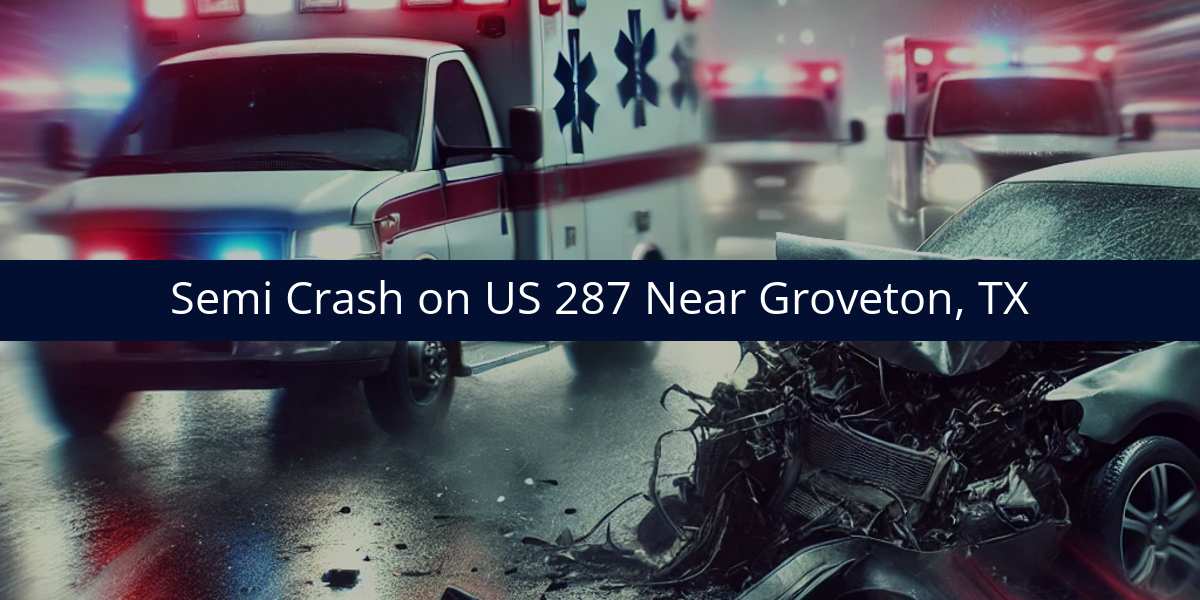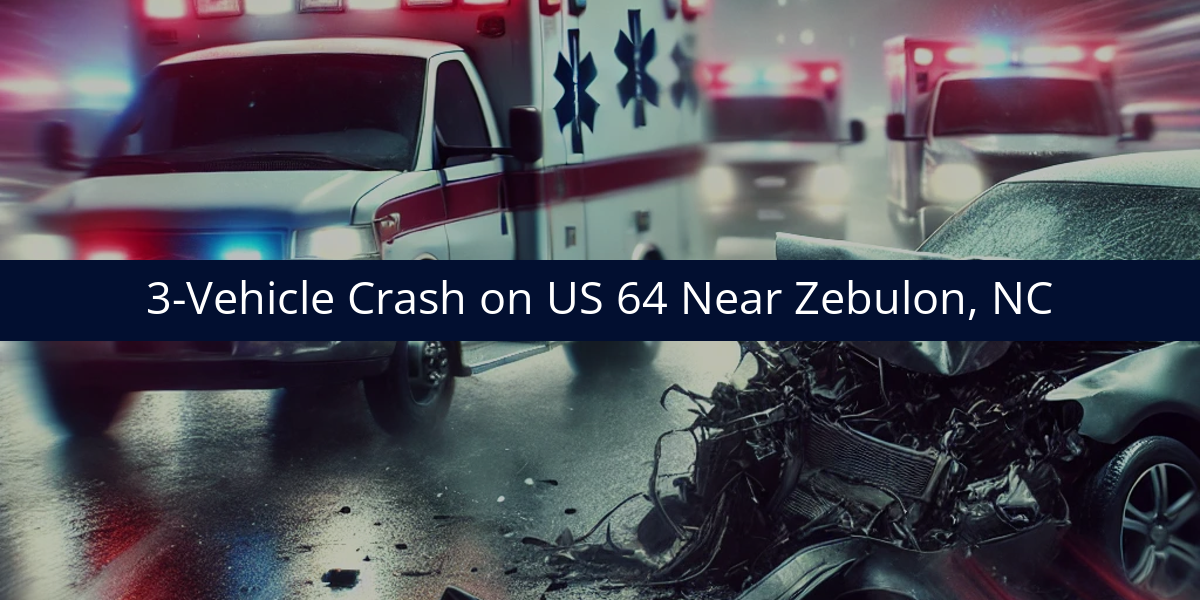Who Investigates 18-Wheeler Accidents in Texas?
According to NHTSA statistics, Texas tends to see more fatal commercial truck accidents annually than any other state. It's obviously important to investigate each of those incidents carefully and thoroughly, both to help the victims and hopefully to reduce the number of future crashes. Those investigations can be quite complicated, however, and many different parties...
Can I Trust a Trucking Company’s Insurer?
Trucking insurance companies are most often responsible for paying injured victims after an 18-wheeler accident, but they'll do everything they can to avoid it. Their actions in pursuit of that goal may vary, but they'll try hard to protect the company's assets and avoid honoring their client's commercial policy. That may lead people to wonder:...
How Do I Prove the Truck Driver Who Hit Me Was Intoxicated?
By their sheer size and bulk alone, tractor-trailers are already inherently more capable of inflicting harm when something goes wrong than most other vehicles on the road. The matter is made considerably worse when a truck driver is under the influence of drugs or alcohol. This raises the question: When someone is hurt or killed...
How Big of a Problem Are Unsafe 18-Wheelers?
Most people are aware that commercial truck drivers occasionally make serious or even fatal mistakes at the wheel, but concerns about those misbehaviors sometimes overshadow another major issue: malfunctioning trucks, particularly those in states of terrible disrepair. A significant number of trucks and trailers in bad shape hit the road every day, but how big...
What is an 18-Wheeler Accident Investigation Kit?
When a commercial vehicle accident occurs, information must be gathered. Most trucking companies provide their truckers with something called an accident investigation kit, aka a "compliance kit," which is ostensibly used as a tool to tell truck drivers what information they need to collect at the accident scene. In our view, however, the whole thing...
What Kind of Inspection Does the State of Texas Require for 18-Wheelers?
The Federal Motor Carrier Safety Administration (FMCSA) and state governments require 18-wheelers to meet certain minimum standards before they're deemed roadworthy. To be sure the trucks are in compliance, state and federal inspectors regularly evaluate them and their operators. That may lead some to wonder: What kind of inspection does Texas require for tractor-trailers? Answer:...
How Do Trucking Companies Cheat Electronic Logging Devices?
The regulations requiring truck drivers to rest after an interval of work are called hours of service (HOS) rules. Most modern truck drivers' hours of service are now monitored by federally-required Electronic Logging Devices (ELDs), which use data from an active 18-wheeler to create a picture of its movement and its driver's activity over a...
Are Side Underride Guards Required on 18-Wheelers?
An 18-wheeler's underride guard or "Mansfield bar" helps prevent a smaller vehicle from traveling underneath a semi-trailer during a rear-end collision. The standard guard design has room for improvement and a mixed success rate, but most would agree that something between a car and a trailer's undercarriage is generally better than nothing. The government seemingly...
Who Is Liable if an 18-Wheeler Underride Guard Fails?
A semi-trailer typically sits higher off the ground than the bumpers of many passenger vehicles, which means when a car hits the rear or side of that trailer there's a strong risk that it will travel underneath in what's commonly called an underride accident. Such collisions are often devastating to the people in the car,...
Can You Sue the Owner of a Trailer if the Underride Guard Fails?
An underride guard, or "Mansfield bar," is designed to keep passenger vehicles from traveling underneath a commercial truck's trailer during a collision—a situation that often causes serious or even fatal injuries. Unfortunately, many underride guards are poorly designed or maintained and don't achieve their stated purpose. When someone is hurt or killed in a crash...
How Much Alcohol Can a Truck Driver Legally Have in Their System?
There are few people capable of causing more carnage than an intoxicated truck driver. In an effort to prevent that from happening, the federal government imposes heavy restrictions on alcohol consumption by commercial drivers, including lowering the legal intoxication limit for truck drivers with respect to alcohol. So what is a truck driver's maximum legal...
What is an Underride Guard (AKA Mansfield Bar)?
There's no "good" way for a passenger vehicle to crash with a commercial truck, but one of the worst forms of that is an underride collision where a car travels beneath a truck or trailer. Modern 18-wheelers are meant to have some built-in protections to help prevent those crashes or at least reduce their damage,...
How Often Do Truck Drivers Fail DOT Physicals?
Truck drivers have to undergo a physical exam at least once every two years to ensure they're in good enough health to safely operate a commercial vehicle. Some pass with flying colors while doctors may ask others to return sooner than 24 months for monitoring. Still others, however, fail the DOT exam for one reason...
What is the National Registry of Certified Medical Examiners?
Among the many regulations governing commercial motor vehicles (CMVs) are ones about drivers passing mandatory physical exams to ensure they're fit to do the job. Not just any doctor can conduct the exam, though; in fact, the Federal Motor Carrier Safety Administration (FMCSA) created a specific registry of approved physicians permitted to test drivers and...
What is the Federal Motor Carrier Safety Administration?
Commercial vehicles like tractor-trailers are integral to our country's economic and logistical needs, but they can be extremely dangerous if mishandled. That's why the U.S. Department of Transportation (DOT) has many rules and regulations about how to maximize the safety of those vehicle, their drivers, and everyone around them on the road. But who actually...
What is a Commercial Motor Vehicle?
Knowing which kinds of vehicles fall under the umbrella of "commercial motor vehicle" is more important than some may realize, since the rules governing them and the expected behavior of their drivers are different from those of personal vehicles. So what exactly is a commercial motor vehicle? Answer: A commercial motor vehicle (CMV) is a...
What is a Commercial Driver?
Heavy vehicles that move passengers or cargo from place to place are generally classified as commercial vehicles. The operators of those vehicles must be specially trained and licensed to drive them due to their increased size and the complexities of driving them safely—and the rules they must follow differ from those for drivers of passenger...
Do Commercial Drivers Cheat on DOT Physicals?
The law requires new and current commercial drivers to be healthy enough to operate their vehicles safely. Drivers are expected to see physicians and be cleared to drive at least once every two years, and if they don't state agencies may revoke their commercial status. One might think that's enough reason for drivers to handle...
Who Is Responsible for Ensuring Truck Drivers Undergo DOT Physicals?
The Department of Transportation mandates that truck drivers get a physical checkup at least once every 2 years. The purpose is simple: Ensure truck drivers are fit to drive. Of course a rule is only effective when someone enforces it, which raises the question: Who is actually responsible for making sure that truck drivers stay...
Can a Driver Still Operate an 18-Wheeler if They Fail a Physical?
Per the Department of Transportation, all commercial drivers must undergo regular physical exams to make sure they're in good enough shape to safely operate their vehicles. The requirement is inflexible and every commercial driver must comply at least once every 2 years to maintain their CDL. But what happens to drivers who fail the exam?...











